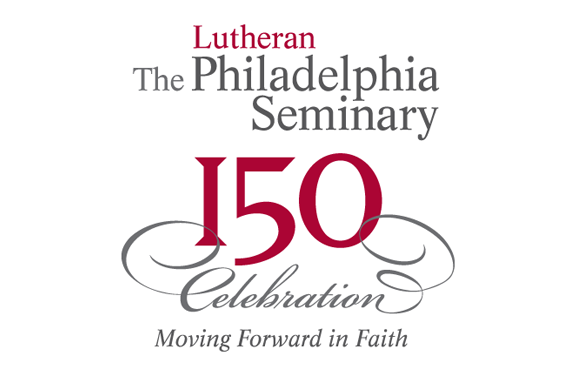- Slide 1
- 1500s
The Reformation – Sowing the Seeds
- 1630s – 1740s
Coming to the Colonies – The Swedes in Philadelphia
- Late 1600s
Pastorius & the Establishment of Germantown
- 1740s – 1790s
Henry Melchior Muhlenberg & the American Revolution
- 1850s – 1860s
The Civil War – A Seminary is Formed
- 1880s – 1890s
The Move to Mount Airy
- 1900 – 1910
Beginning of The Twentieth Century – Campus Transformation
- 1910s – 1930s
The Teens through the Thirties: Frustration & Expansion
- 1938 – 1960s
From pre-World War II – The Civil Rights Movement
- 1960s – 1970s
Vietnam through a Generation of Change
- 1980s
Growing Diversity & Discovery
- 1990 – 2000
Transitioning to the Twenty-First Century
- 2000 – 2010
Into the Aughts – A New Era & Renewed Campus
- 2010 – 2014 & the 150th Anniversary
The Twenty -Teens – Renewed Challenges & Opportunities
Reformation seeds
Reformer Martin Luther and his Reformation era colleagues sowed the seeds that gave substance to the founding of The Lutheran Theological Seminary at Philadelphia 150 years ago. “The curricula at LTSP over the past 150 years are based on the Wittenberg (Germany) pedagogical revolution with its focus on the Bible, Systematic Theology, church history and practical theology,” says the Rev. Dr. Timothy Wengert, who taught the Lutheran Confessions and Reformation History at LTSP for 25 years. “When students at LTSP listen to lectures, take exams and graduate, they are standing in a tradition that is 500 years old.” That revolution stood against a certain anti-intellectual tendency of Luther’s time, leading to the conviction that a deep understanding and knowledge of the faith by an informed clergy strengthens the Christian witness to the Gospel. Watch and listen as Professor Wengert discusses the defining history that led to the seminary’s founding.

Leave a Comment